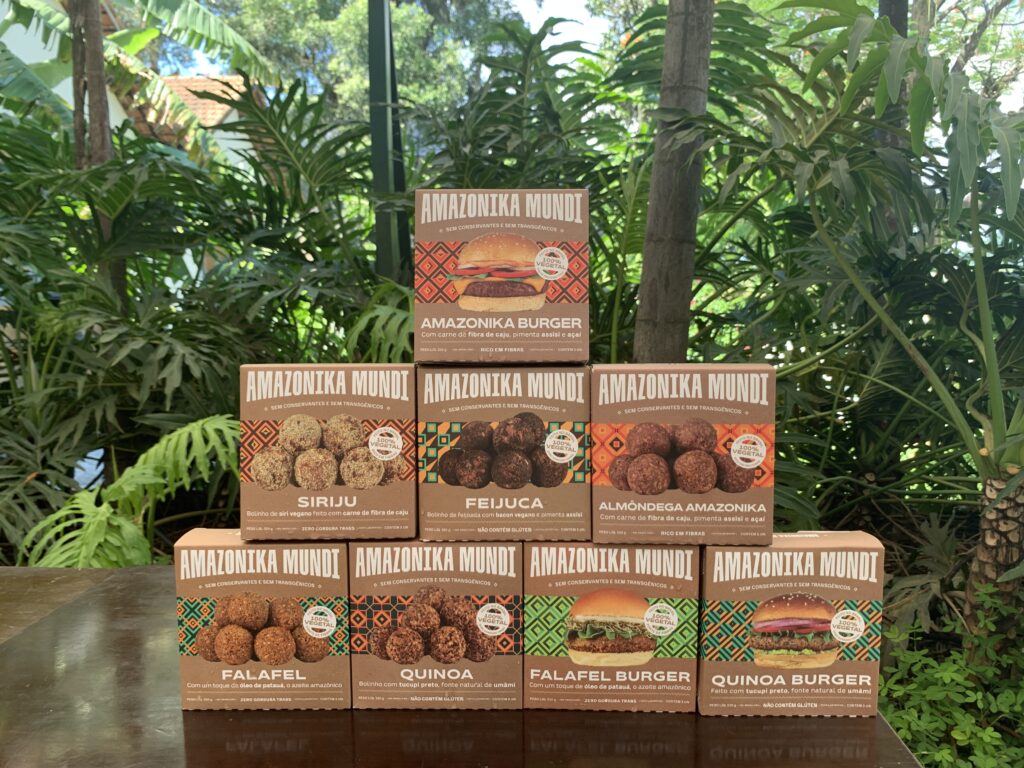Você sabe o que é “clean label”? Essa expressão em inglês representa uma tendência que tem se tornado cada vez mais popular. Ela incentiva o consumo de produtos de “rótulo limpo”, ou seja, que não possuem aditivos químicos e são feitos apenas com ingredientes naturais. Sem nomes esquisitos e ilegíveis na embalagem. A prática é uma resposta do mercado a uma necessidade dos consumidores, que cada vez mais se preocupam com a saudabilidade dos alimentos que consomem.

A Amazonika Mundi é clean label?
Sim! Prezamos muito pela qualidade dos nossos ingredientes e processos. Os nossos rótulos são um reflexo disso, com informações muito claras sobre a composição das nossas criações.
Temos muito orgulho em dizer que todos os nossos produtos têm rótulo limpo (clean label) e são produzidos dentro de uma lógica sustentável. Inclusive já falamos aqui no blog sobre a importância da rastreabilidade, que permite acompanhar toda a cadeia de produção, feita com matérias-primas 100% vegetais.
Como saber se o rótulo é limpo?
É fácil! Basta verificar o rótulo e procurar por ingredientes artificiais, como corantes, conservantes ou aromatizantes. Um produto clean label não tem nada disso. Uma dica simples é notar se há algum ingrediente com nome incompreensível no rótulo. Pois essas são geralmente os indícios de um produto que não se preocupa em ser clean label. 😉
Quais os benefícios de ter o rótulo limpo?
Produtos de rótulo limpo tendem a ser mais saudáveis, por não terem aditivos químicos. O Guia Alimentar para a População Brasileira, elaborado pelo Ministério da Saúde, não cita especificamente a questão do rótulo limpo, mas já indica que o ideal é que a população procure produtos com menos ingredientes em seu preparo. Além disso, produtos clean label são uma mão na roda para aqueles que possuem alergias ou restrições alimentares, pois você sabe exatamente o que está consumindo. Todos os produtos da Amazonika Mundi, por exemplo, são livres de glúten e lactose.
[…] de outras indústrias, como a da moda e a da beleza. Por isso, é importante ficar de olho nos rótulos, especialmente dos cosméticos, e procurar por componentes de origem animal como colágeno, mel, […]